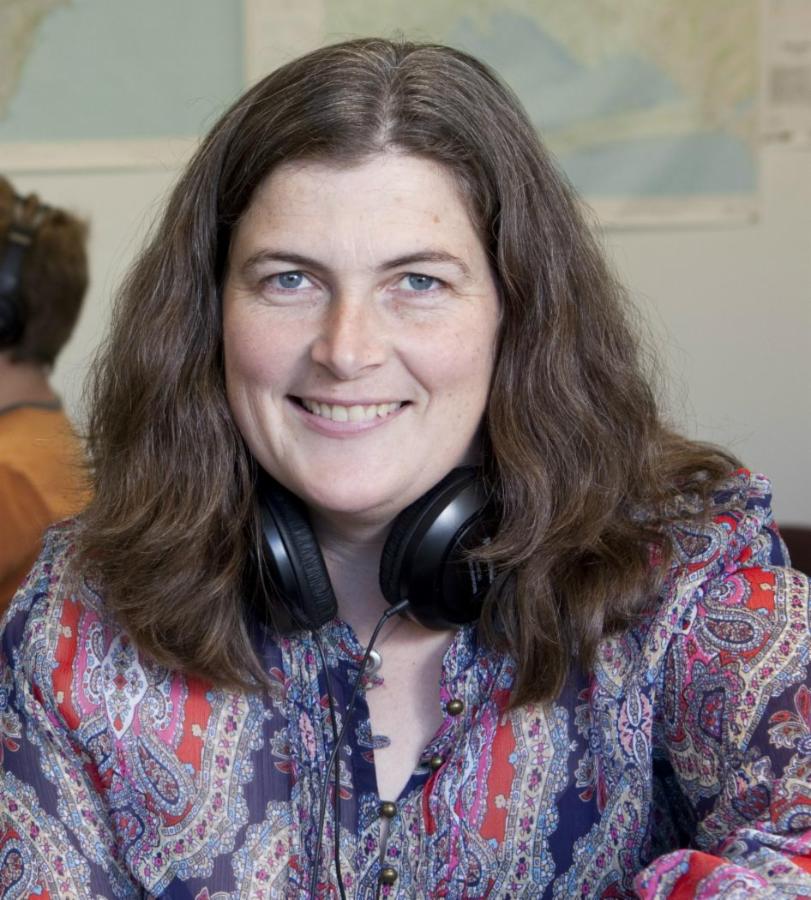The theme leader is Professor Jen Hay.
This theme combines analysis of large databases of speech with experimental methods to understand the mechanisms through which language changes over time, how social factors lead to variation in linguistic patterns, and how listeners understand and make use of this variation in speech perception.
A significant component involves the construction and analysis of corpora. This aspect builds on the success of the Origins of New Zealand English Project (ONZE). In collaboration with the other themes, the existing ONZE corpora are being radically expanded to include audiovisual data, to cover bilingual speakers, and to include the entire lifespan.
Our Corpus Analysis Tool – Labb-Cat – was recently upgraded (c.f. Fromont and Hay 2012), and continues to be used by increasing numbers of labs around the world. As part of our own corpus building, we have transcribed, processed and uploaded data from preschoolers, older New Zealanders, and bilingual speakers of Māori.
We have also collected a valuable archive of Earthquake Stories as part of the UC QuakeBox project, and transcription of these stories is ongoing. This collection will form a large, publically accessible, carefully annotated archive, which will be of value to linguists, but also of more widespread interest.
Ongoing work using these corpora aims to understand processes of Language Variation and Change, modelling how variants spread through the lexicon and across speakers. Particular topics under current or recent investigation include changes in the short front vowels, variation in medial /t/, rhythmic variation, and effects of lexical frequency and conversational topic.
A particular recent focus has looked at how skewed lexical distributions can affect speech production and speech perception patterns. Some words are used more by older speakers than younger speakers for example; and some are used more by men than women. Work from corpus analysis and speech perception experiments is showing that these skewed distributions affect speaking and listening, and can influence the course of language change.


